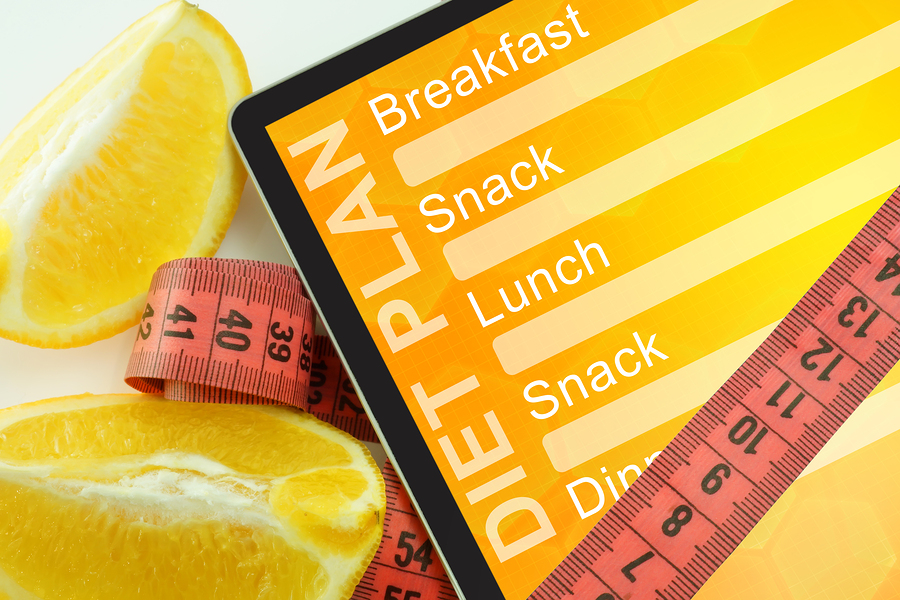I googled this recently and it made my head spin! There seems to be hundreds of ‘doctors’ and ‘health specialists’ pushing some kind of book that claims to have the answer to this loaded question. And to make it more confusing they are all creating noise about completely different methods. 6 meals a day, intermittent fasting, 3 hour diets, 3 meals and no snacks. The list goes on…. The truth is there is no 'perfect diet'. It’s about looking introspectively; who you are, what you are ready, willing and able to do, what your diet and lifestyle is like as well as your current and historical relationship with food.
Take a look at your current diet
“Insanity: Doing the same thing over and over again and expecting different results”
If you have been trying to lose weight and are not seeing results then you need to change elements of your diet to start making progress. If you don't take a look at what, when and how you are eating and just ‘keep trying to eat healthy’ then you will likely continue to bang that head against a brick wall.
Keeping a food journal can be really helpful. Jot down everything you eat and drink over the course of a week then take a look at what your week was like. Are you fairly consistent with the timing of what you eat or does it vary? Do you regularly skip meals or find yourself snacking? What kind of foods are you eating? Are you eating a more carbohydrate, fat or protein rich diet? Are those carbohydrates mostly from vegetables and fruit or more from grains, bread etc? Is your protein processed (e.g. sliced packaged meats) or from a whole source (fresh meat, fish)?
Know your body type
Are you an ectomorph, mesomorph, endomorph? We are all built a little bit differently. This gives us different strengths and qualities and is important to consider when wanting to lose weight. It can be so tempting for women to look at someone with a body they desire and strive to copy what they eat in a bid to look like them. This method is usually frustrating, discouraging and rarely yields results. Following the diet of a waif thin 6 foot tall model will likely be a miserable experience for someone with a shorter and naturally more muscular build.
Take the test on bodybuilding.com to see where you fall. Then check out Precision Nutrition’s Body Type Eating to see what a typical meal breakdown for your body type should look like
Get a grip on your activity level
It can be easy to fall into the trap of sometimes feeling like you have worked out harder or for longer than you actually did. It can also be surprising to see how much baseline activity you get during the day, using an activity tracker can be a great tool to see how much (or little) you are moving.
Revisit your diet history
Your relationship with food is a very important factor for long term weight loss success. Have you have spent times heavily restricting yourself from meals and food groups then perhaps suffering a period of ‘falling off the wagon’ by overeating, feeling out of control with your eating or bingeing? If so spending time forming a healthy relationship with food should be the first step before thinking about weight loss. If you have been excessively restricting calories for an extended period of time then you may need to initially focus on regulating your adrenals and hormones to get your body working optimally again.
Understand your hunger cues
This means developing body awareness and working on mindfulness! A simple concept but not easy and takes practice. Many of us are out of tune with our hunger signals, often mistaking stress, fatigue,dehydration and other emotional factors for hunger. Why are you hungry? Do you approach meals starving? Do you forget to eat then overeat at meals? Or do you constantly feel hungry and like snacking all day? Do you use food as a distraction? Or as a reward? For some people having 6 small meals a day helps keep overeating at bay and overall calorie consumption in check, whereas for others restricting to 2-3 meals is easier to make better choices and allows for better consistency.
Sources:
http://www.webmd.com/diet/features/3-hour-diet-or-3-meals-a-day
http://www.ncbi.nlm.nih.gov/pubmed/25242841 (The effects of 6 isocaloric meals pattern on blood lipid profile, glucose, hemoglobin a1c, insulin and malondialdehyde in type 2 diabetic patients: a randomized clinical trial.)
http://www.ncbi.nlm.nih.gov/pmc/articles/PMC3680567/ (intermittent fasting)
http://www.ncbi.nlm.nih.gov/pubmed/23171320 (Intermittent fasting combined with calorie restriction is effective for weight loss and cardio-protection in obese women).

